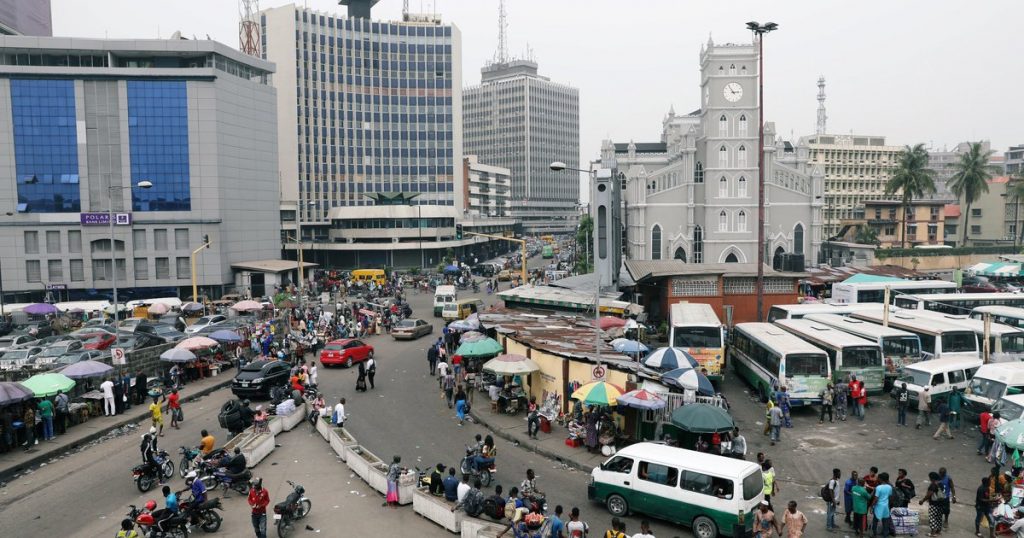CEM ANALYSIS | Since the onset of the global and domestic disturbances that have disrupted economic processes, a wave of rising inflation has been triggered with barely no nation spared. Managers of economies have struggled to find ways to curb the menace which has caused serious economic hardship for citizens all across.
One of the most deployed tools in this fight against the roaring inflation is interest rate hike with economies hitting decades high. Ghana, for instance has raised its benchmark interest rate by 300 basis points to 22 per cent in its latest effort to combat the country’s rising inflation.
The Bank of England voted for consecutive rate hike until it hits 40 year high in their recent rate release. Just yesterday, the governor of the Bank of England has warned interest rates may need to rise higher by more than previously expected.
Nigerian Central Bank is not in exception consistently increasing the monetary policy rate four times from 11.5% to 13% in May now to 15.5% in September hitting a 20 year high
For every economic action there is a consequent reaction or result. While interest rate is stepped up as a measure to control inflation, economic principles have it that it will affect production, this time on the negative, especially in Nigeria.
Simon Ogaga, an analyst at Continental Economy Magazine, in a discussion buttressed this by saying that “the continued increase in interest rate may lead to further drop in GDP because of the factors that causes inflation in Nigeria (majorly structural impediment to food supply and high importation cost) which requires application of more strategic fiscal policies.”
He continued by saying that, “A cursory look at the trend in inflation indicates that inflation has continued to rise despite the increase in Monetary Policy Rate(MPR). This is because the interest rate increase is not sufficient to curb inflation and if other efficient measures are not applied, it may lead to a case of stagflation (rising inflation and decline in GDP simultaneously).”
The last GDP report by the Nigerian Bureau of Statistics stated in clear terms that the decline in the nation’s economic growth is consequent of rising prices and slowing economic activities.
“… the recent rising prices have adversely impacted on the second quarter 2022 performance. The Q2 2022 growth rate decreased by 1.47% points from 5.01% growth rate recorded in Q2 2021 and increased by 0.44% points relative to 3.11% in Q1 2022. However, quarter-on-quarter, real GDP grew at -0.37% in Q2 2022, reflecting lower economic activity in Q2 2022 than in the preceding quarter”; the report noted.
Ogaga is saying this slow growth may persist considering the fragility of our economy being largely import dependent and less locally productive further being exacerbated by the high interest rate and its consequent high cost of borrowing.
“The GDP may continue to decline because while interest rate is on the high, food prices are on the high due to high cost of importation and low level of local production. This results in a decline in the wage power because the high cost of goods and services (as is being witnessed today in the cost of diesel and fuel, transportation and food commodities to mention a few).
“This means that purchasing power is weakened which automatically leads to a fall in the standard of living. When all of these happens, it is not possible to record a stable GDP growth rate”; Ogaga said.
It is true that the current wave of inflationary pressure is global and caused by multiple factors which include impact of the pandemic which caused a major economic disruptions over a stretched period of time, climate change impact on agricultural production especially in the sub-Saharan Africa and the recent Russia invasion of Ukraine which caused a significant global energy crunch.
[READ MORE] ICT’s Contribution to GDP Nose Drives in Q1 2022
However, impact on countries vary significantly according to economic resilience. The higher the production capacity of a country, the stronger the resilience and lesser the vulnerability. It further determine recovery rate from major economic disruption.
Ogaga re-emphasized the need for policy concentration towards moving Nigerian economy from import depended to a production based economy;
He said; “Having a stable interest rate and favourable GDP growth which is a key pursuit by every focused national economic managers can also be achieved sustainably in our nation with the right economic strategies. At this point in time, one would reemphasize the need for the policy makers to focus greater attention on making Nigeria’s economy a production based economy.
“This will not only reduce inflation, it will make management of inflation and other economic impacts easier (as against imported inflation which is a result of the consumption of foreign goods/ high importation cost) while also resulting in a favourable GDP.”












